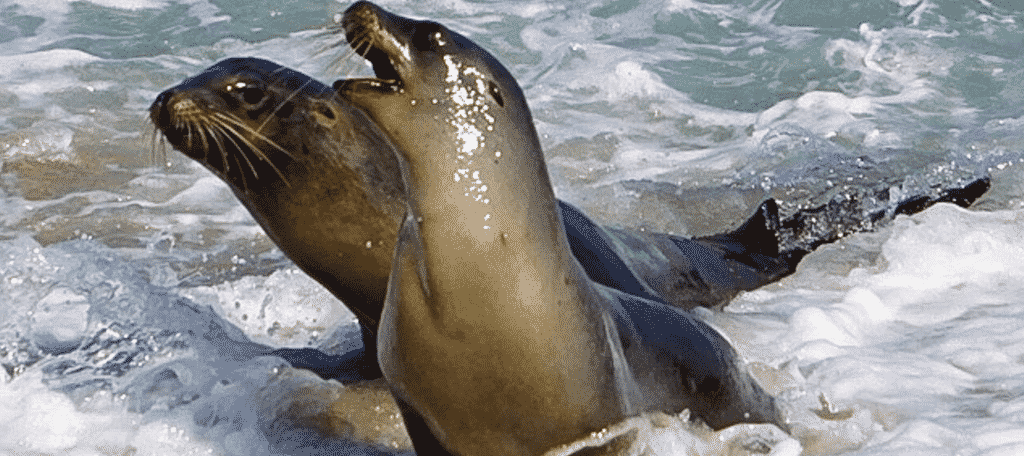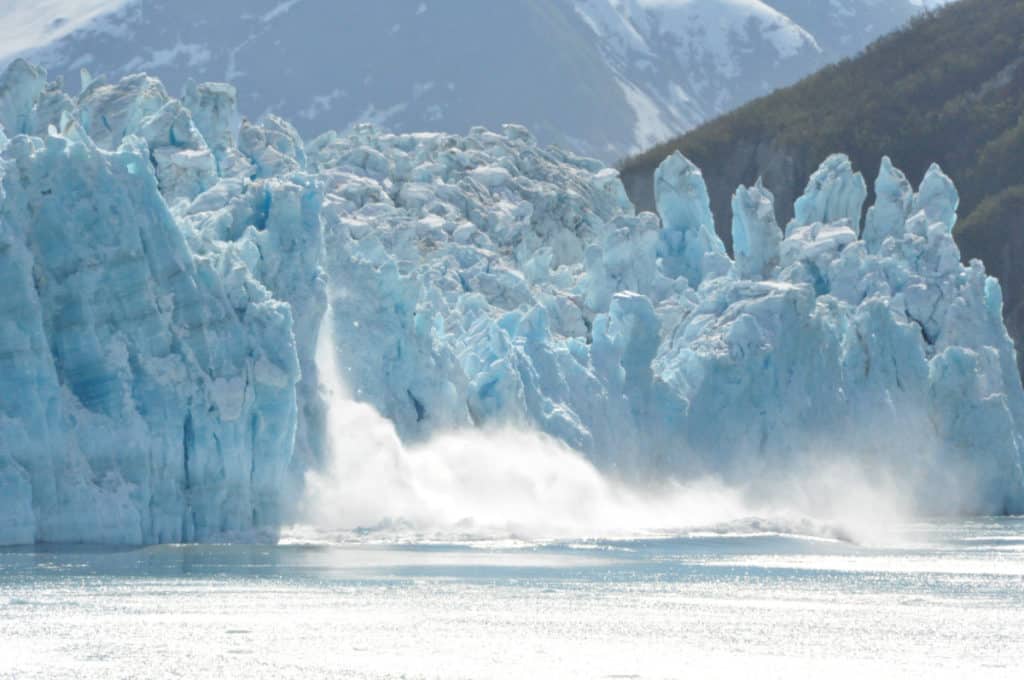
Rising sea levels are threatening coastal habitats in California and all of the unique wildlife that resides in them. Global warming continues to melt polar ice caps and sheets, which directly result in rising sea levels around the world.
This threatens all coastal regions around the world and will destroy both animal habitats and human developments located on the coastlines. The coasts that we have now will be different in the future. As the sea level rises and the water moves inland, the coasts will shift.
How Fast Are Sea Levels Rising

According to the Sea Level Rise Guidance 2018 report, the sea levels will rise by 10 feet by 2100 if greenhouse gas emissions get stronger. Of course, this is heavily dependent on whether greenhouse gas emissions change.
The Emissions Gap Report 2018 detailed exactly how the greenhouse gas emissions are changing and it is not in a good way. For the first time in four years, carbon emissions are rising and carbon dioxide is the biggest greenhouse gas emission in the world. If this trend continues, a 10-foot sea level rise may be an underestimate.
At the same time, it is very possible that in light of the recent climate change conference, more countries will do more. The EU is already examining plans that will make it climate neutral by 2050. In either event, the sea level will rise by the end of the century. The question is by how much?
What’s at Risk

According to The Nature Conservancy study, 59% of California’s coastal habitats are at risk due to rising sea levels. A huge plethora of wildlife lives in these coastal habitats. Sea otters, seals, migrating birds, and sea life all reside in these threatened habitats. It is important to understand that this is not a problem only for California.
Any coastal region around the world will feel the effects of rising sea levels. The effects of climate change are already putting some sharks and rays at risk of extinction. The Galápagos Islands are struggling to cope and many other places around the world will feel the effects of rising sea levels.
What Options Are Available
Rising sea levels are difficult to cope with because we can’t exactly raise the land to counter it. As waters rise, they move inland and destroy other established habitats and human properties while shifting what wildlife can live in the new one. It’s a very difficult situation, but with proper planning and actions, the effects can be mitigated.
For starters, humans need to stop developing land next to the existing coastal habitats which will be at risk and make it more challenging for the new habitat to form.
Instead, undeveloped land near these coastal climates should remain undeveloped. This will result in less human property being lost while also making it easier for a new habitat to form when sea levels rise enough.
Can This Be Avoided
The answer is highly dependent on climate change regulation in the future, but ultimately, no. However, it can be mitigated. Even if we completely stopped emitting greenhouse gases, the sea level will still rise because the global temperature has increased. However, the actual rise in sea level would be significantly lower.
However, the idea of zero emissions being achieved overnight is unrealistic, but a reduction of emissions is not. Countries around the world have made pledges to curb emissions, but most promises have not been kept. While this is not a good indicator of change, more and more countries are pledging to do more.
Not only are countries doing more, but industries are also becoming more responsible. For example, the cement and concrete industry is one of the biggest emitters of carbon dioxide, but they are attempting to reduce the emissions released.
And most importantly, all citizens are becoming more aware and are calling for change from their respective governments. This puts pressure on governments and industries to change.

